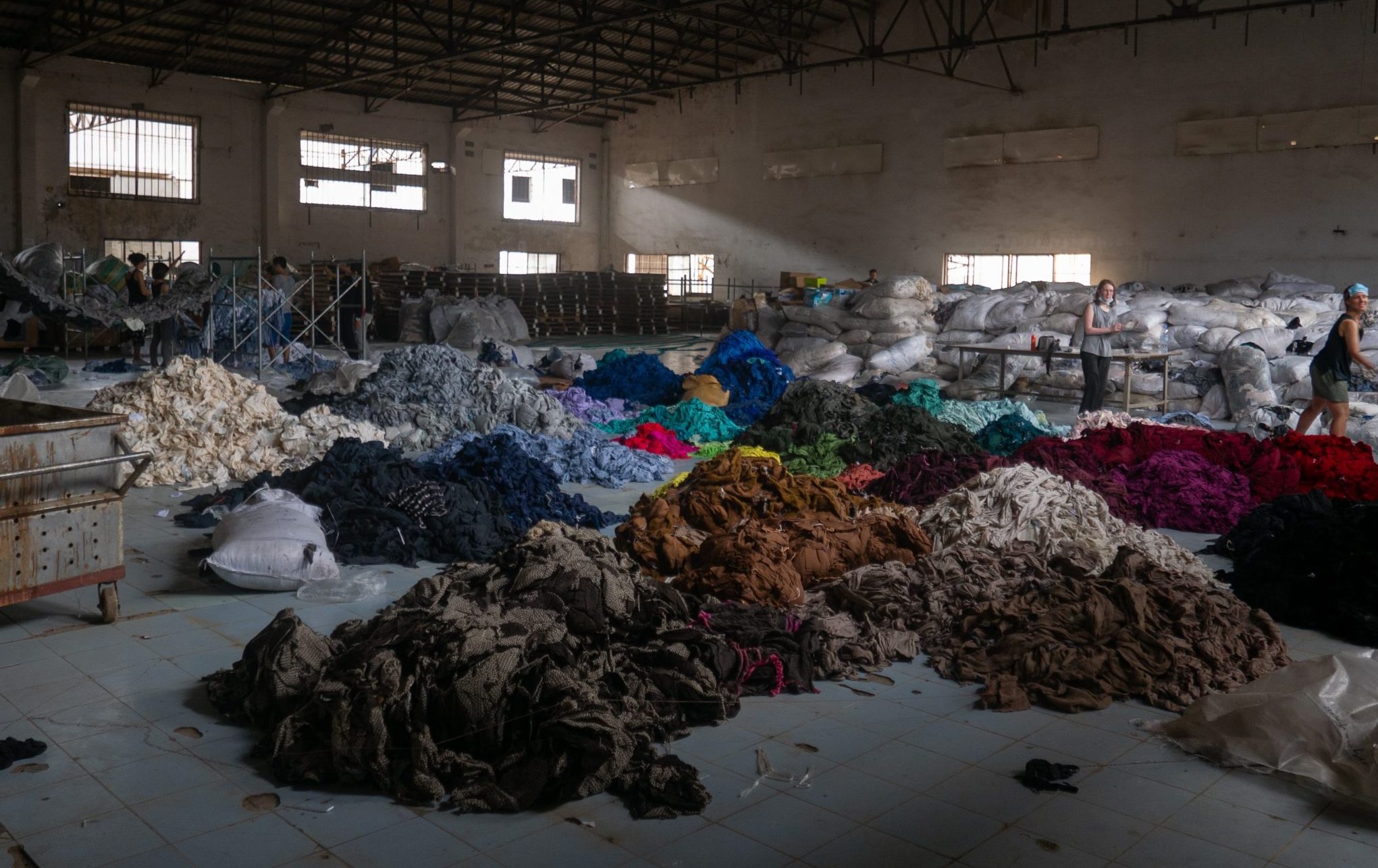An undeniable food trend that has had a massive global impact in the last decade is veganism: the efforts by individuals to avoid the consumption of any meat, dairy, or egg products. Changing the face of food as we have come to know it in our standard North American diet, veganism is also on the rise in many other areas of the world. Italy is no exception. With an estimated 2.9% of the Italian population now identifying as either vegan (diet consisting of no meat, egg, or dairy products) or vegetarian (a diet consisting of no meat), this latest food trend has gotten the Italian government concerned for the health of future generations.
In response to a string of hospitalizations involving vegan children in Italy, the centre-right political party, Forza Italia, is proposing a legislation making raising children on a vegan diet a crime. What has been coined as the Savino Law, after Forza Italia MP Elvira Savino, would give a one-year prison sentence to all parents raising their children as vegans, with more severe sentences to those with children under the age of 3. Savino claims not to have anything against vegans or veganism, “as long as it is a free choice by adults,” and she therefore seeks to “stigmatize the reckless and dangerous eating behavior imposed by parents” on their children through this new legislation.
The growing controversy over the vegan diet in Italy follows the numerous high-publicity cases in Italy of vegan malnutrition and nutrient deficiency in young children, including an 11 year old who was recently hospitalized— this being the fourth reported incident of this nature in the past 18 months.
While a vegan diet may be suitable for adults, The American Journal of Clinical Nutrition argues that there is a high risk of nutrient deficiency in veganism for children, with micronutrients such as vitamins B-12, D, calcium, omega-3, and fatty acids especially crucial to early development and growth. However, according to Claire Williamson, member of the British Nutrition Foundation, “the risks of inadvertently malnourishing a child aren’t restricted to veganism.” She argues that a common mistake made by parents lies in the assumption that what is healthy for an adult is also healthy for children, who have unique nutritional needs for their growth and health.
The Academy of Nutrition and Dietetics advocates for vegan diets for infants and toddlers, though strongly urges special attention to be paid by parents to vitamins present in a standard diet that are more difficult to obtain in a vegan diet. A major concern of the vegan diet, according to the Academy is getting too little protein and too few calories— both of which are fundamental to support growth in early childhood. If the nutrients needed to support growth are not replaced, veganism can be harmful, if not fatal to children— as seen in the cases highlighted by Forza Italia.
The American Journal of Clinical Nutrition, however, cites many health benefits associated with living a meat- and animal product-free lifestyle — including lower levels of saturated fat and cholesterol, and more dietary fiber. Veganism is attributed to thinner individuals who have lower serum cholesterol, and lower blood pressure— factors such as these reducing greatly the risk of heart disease. Whether or not veganism is suitable for children, though, is a concern that rests entirely in the hands of the parents, who are urged to consult paediatricians and early-childhood development experts if choosing to pursue a vegan lifestyle for their children.
As of August, 2016, this bill has been presented in the lower house Chamber of Deputies, and awaits discussion by parliamentary committees before it is able to be put forward for further debate in chamber.





